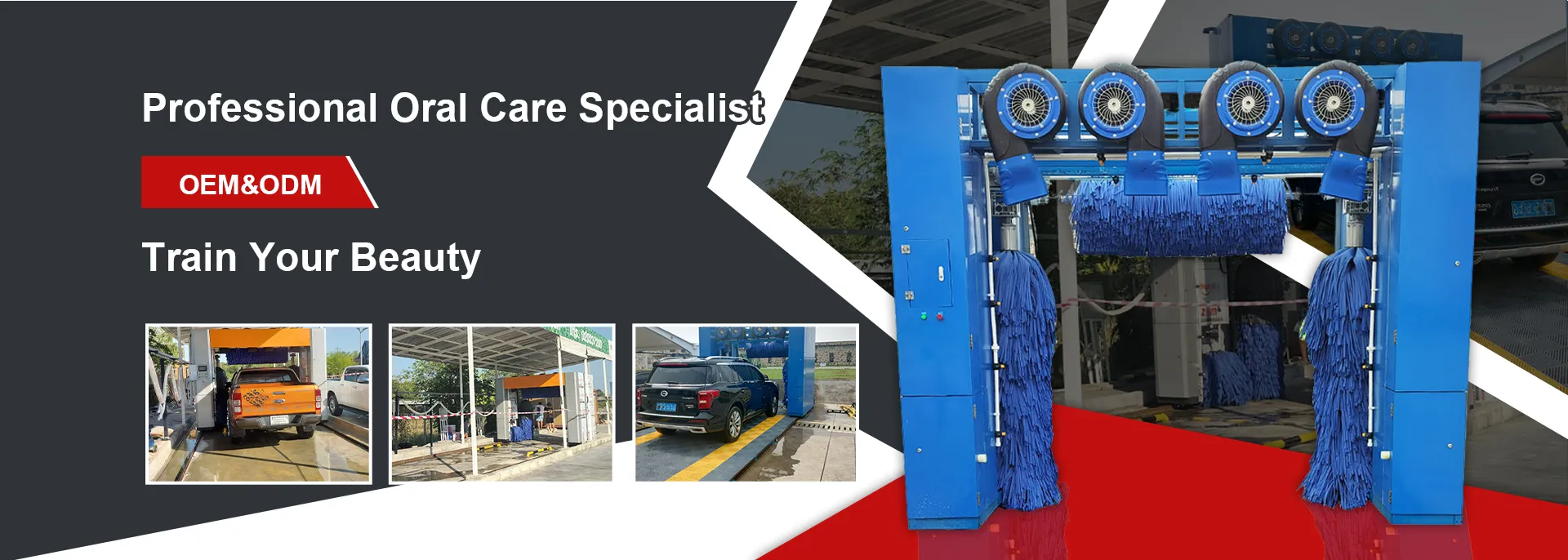
- Afrikaans
- Albanian
- Amharic
- Arabic
- Armenian
- Azerbaijani
- Basque
- Belarusian
- Bengali
- Bosnian
- Bulgarian
- Catalan
- Cebuano
- Corsican
- Croatian
- Czech
- Danish
- Dutch
- English
- Esperanto
- Estonian
- Finnish
- French
- Frisian
- Galician
- Georgian
- German
- Greek
- Gujarati
- Haitian Creole
- hausa
- hawaiian
- Hebrew
- Hindi
- Miao
- Hungarian
- Icelandic
- igbo
- Indonesian
- irish
- Italian
- Japanese
- Javanese
- Kannada
- kazakh
- Khmer
- Rwandese
- Korean
- Kurdish
- Kyrgyz
- Lao
- Latin
- Latvian
- Lithuanian
- Luxembourgish
- Macedonian
- Malgashi
- Malay
- Malayalam
- Maltese
- Maori
- Marathi
- Mongolian
- Myanmar
- Nepali
- Norwegian
- Norwegian
- Occitan
- Pashto
- Persian
- Polish
- Portuguese
- Punjabi
- Romanian
- Russian
- Samoan
- Scottish Gaelic
- Serbian
- Sesotho
- Shona
- Sindhi
- Sinhala
- Slovak
- Slovenian
- Somali
- Spanish
- Sundanese
- Swahili
- Swedish
- Tagalog
- Tajik
- Tamil
- Tatar
- Telugu
- Thai
- Turkish
- Turkmen
- Ukrainian
- Urdu
- Uighur
- Uzbek
- Vietnamese
- Welsh
- Bantu
- Yiddish
- Yoruba
hydraulic ramp for car wash
The Hydraulic Ramp A Game Changer for Car Washes
In today’s fast-paced world, convenience and efficiency are paramount when it comes to auto maintenance and care. One innovation that has garnered attention in the car wash industry is the hydraulic ramp. This sophisticated piece of technology revolutionizes the way vehicles are processed through washes by dramatically enhancing speed, safety, and overall customer satisfaction.
Understanding Hydraulic Ramps
Hydraulic ramps utilize hydraulic systems to lift vehicles efficiently for cleaning. They consist of a series of hydraulic cylinders and pumps that work together to raise and lower the ramp with minimal effort, allowing vehicles to be positioned precisely at the optimum height for washing. The design is straightforward yet effective, combining the fundamentals of hydraulics with robust engineering to ensure reliability and safety.
Hydraulics have been utilized in various industries for decades, but their application in car washes is particularly advantageous. Unlike traditional ramps or lifts that may rely on manual operation or cumbersome mechanical systems, hydraulic ramps can be operated with the press of a button, streamlining the process significantly.
Advantages Over Traditional Systems
1. Speed and Efficiency The primary advantage of hydraulic ramps is the speed at which they operate. In traditional car wash setups, vehicles often have to be manually positioned or can experience delays due to mechanical failures. Hydraulic ramps can raise and lower vehicles quickly, allowing for more wash cycles per hour and reducing wait times for customers. This efficiency can lead to increased profits for car wash operators.
hydraulic ramp for car wash

2. Safety Features Safety is a crucial consideration in car wash operations. Hydraulic ramps are equipped with safety locks and emergency stop features that protect both the equipment and the vehicles being washed. The smooth operation of hydraulic systems minimizes the risk of accidents, such as sudden drops, which can occur with less sophisticated lifting mechanisms. Operators can work with confidence, knowing that their equipment is designed with safety in mind.
3. Versatile Applications Hydraulic ramps can accommodate a variety of vehicles, from compact cars to larger trucks and SUVs. This versatility allows car wash businesses to cater to a broader range of customers. Moreover, the adjustable height of the hydraulic system enables it to be tailored for specific vehicles, ensuring thorough cleaning regardless of size.
4. Reduced Physical Strain Traditional car wash systems can require significant physical effort from employees, particularly those involved in positioning vehicles or manipulating heavy lifting equipment. Hydraulic ramps reduce the physical strain on workers, leading to increased job satisfaction and decreased turnover rates. Employees are more likely to remain loyal to businesses that prioritize their well-being by providing powerful, easy-to-use equipment.
Environmental Considerations
In addition to the operational benefits, hydraulic ramps can contribute positively to environmental sustainability in car washes. By optimizing water usage and reducing chemical runoff, these systems can help businesses meet increasingly stringent environmental regulations. Efficient vehicle handling leads to less wasted water during the car wash process, making hydraulic ramps not only an upgrade in terms of technology but also a step toward greener operations.
Conclusion
The hydraulic ramp represents a significant advancement in the car wash industry, combining efficiency, safety, and versatility into a single piece of equipment. As car wash operators seek to innovate and improve their services, the adoption of hydraulic ramps is likely to surge. With their ability to enhance operational efficiency while ensuring a high standard of safety, hydraulic ramps are set to become a standard feature in modern car washes. For customers, this means experiencing faster, safer, and ultimately more satisfying car wash visits. As the industry evolves, hydraulic ramps will undoubtedly play a vital role in shaping the future of car care services.
-
Integrating Aqua Tunnel Car Wash in Shopping CentersNewsJun.24,2025
-
Gas Station with an Auto Car Wash MachineNewsJun.24,2025
-
Efficiency in Your Aqua Tunnel Car Wash: Power & Water-SavingNewsJun.24,2025
-
Car Wash Business with Advanced Auto Car Cleaning MachinesNewsJun.24,2025
-
Balancing Setup Costs with Aqua Tunnel Car WashNewsJun.24,2025
-
Aqua Tunnel Car Wash: Eco-Design for the Energy-Savvy EntrepreneurNewsJun.24,2025



